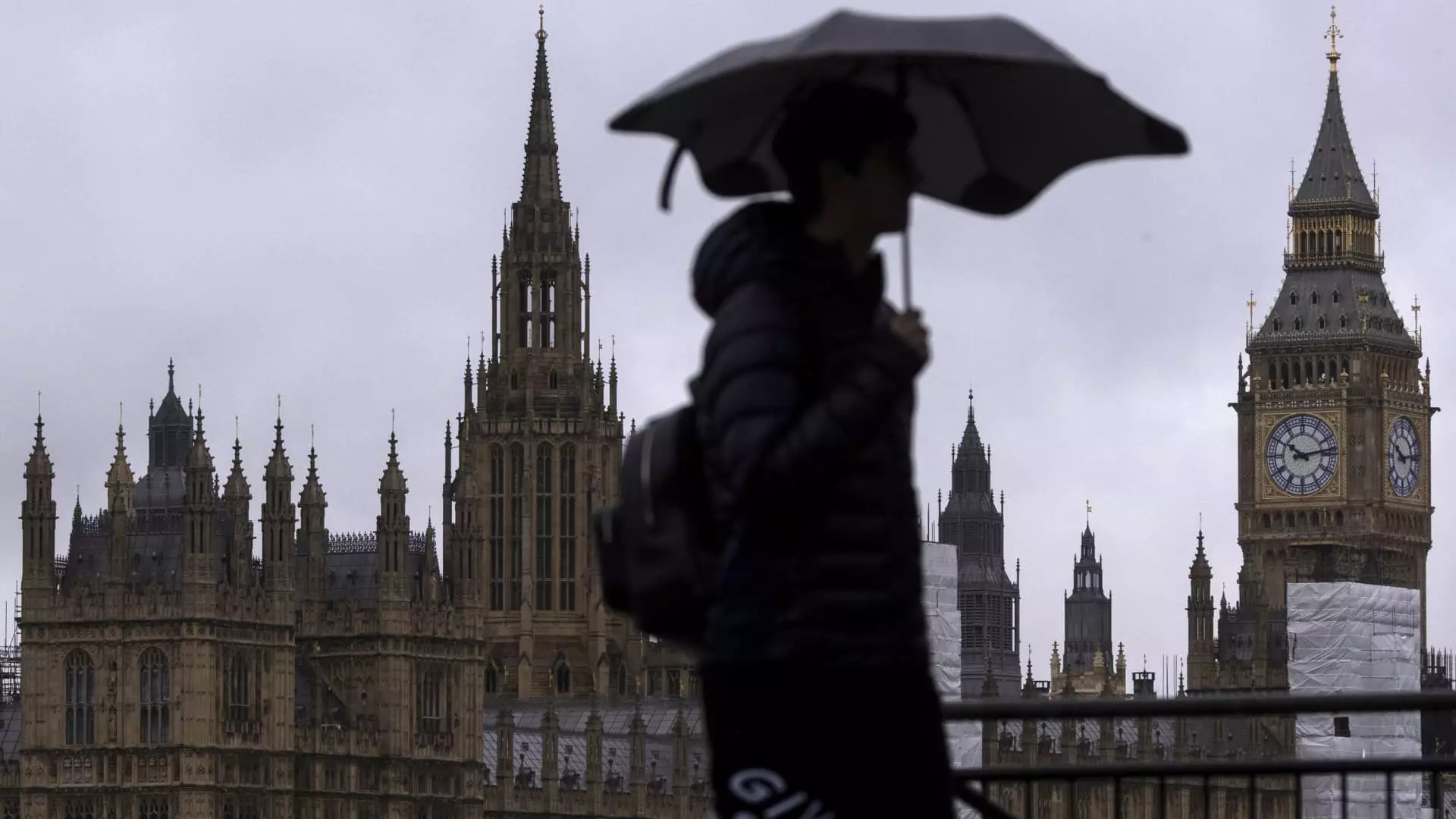The United Kingdom has recently accused Russia of engaging in a long-running and insidious “campaign of malicious cyber activity” targeting key individuals and organizations within British politics, civil service, and journalism. The National Cyber Security Centre (NCSC), housed within the UK’s intelligence agency GCHQ, released a report outlining the extent of the cyber campaign, which has been ongoing since 2015. The primary objective appears to be the deliberate undermining of British democracy, with high-profile political events being a particular focus.
The hacking group responsible for these cyber attacks has been identified as Star Blizzard, which the GCHQ confidently asserts is “almost certainly” connected to Russia’s Federal Security Service (FSB) spy agency. However, it is crucial to note that these accusations have not been directly addressed by Russia’s Ministry for Foreign Affairs as of yet, leaving room for interpretation and response.
The malicious activities perpetrated by Star Blizzard include a wide range of cyber attacks, such as phishing emails, directed at UK politicians, universities, journalists, public sector bodies, and non-government organizations. These entities represent crucial pillars of the British democratic system, making them prime targets for those seeking to manipulate or destabilize the country’s political landscape.
Additionally, the NCSC report confirms that the spy group leaked confidential U.K.-U.S. trade documents before the 2019 U.K. general election, potentially influencing public perception and political outcomes. Furthermore, U.K. think tanks focused on defending democracy against disinformation have also fallen victim to cyber intrusions, compromising the integrity of their research and analysis.
The U.K. Foreign Secretary, David Cameron, unequivocally condemned these attempts to interfere in British politics as “completely unacceptable.” Such cyber attacks threaten the very foundation of democracy, casting doubt on the integrity of democratic processes and the ability of citizens to make informed decisions. With the upcoming general election and the lingering aftermath of the 2016 Brexit vote, these revelations have significant implications for the U.K. government.
In response to these alarming findings, the United Kingdom, along with key allies such as the United States, Australia, Canada, and New Zealand, issued a joint cybersecurity advisory. This advisory aims to share technical details of cyber attack methods, empowering potential targets with the knowledge to defend against these malicious activities. Furthermore, the NCSC released updated guidance for individuals deemed at higher risk of being targeted by cyberattacks.
The NCSC’s report not only exposes Russia’s cyber campaign against British democracy but also hints at a broader pattern of cyber activities conducted by Russian intelligence worldwide. This suggests that the threat is not limited to the United Kingdom alone but potentially extends to other nations as well. As the international community becomes increasingly reliant on digital systems, it is crucial for governments and organizations to prioritize cybersecurity and establish robust defense mechanisms.
Russia’s alleged campaign of malicious cyber activity against the United Kingdom has raised significant concerns about the stability and integrity of British democracy. The targeting of politicians, civil servants, journalists, and other key institutions undermines the democratic processes that form the backbone of the nation. The international response must involve close collaboration between affected nations to combat this evolving threat and safeguard democratic systems for the benefit of all.

Leave a Reply